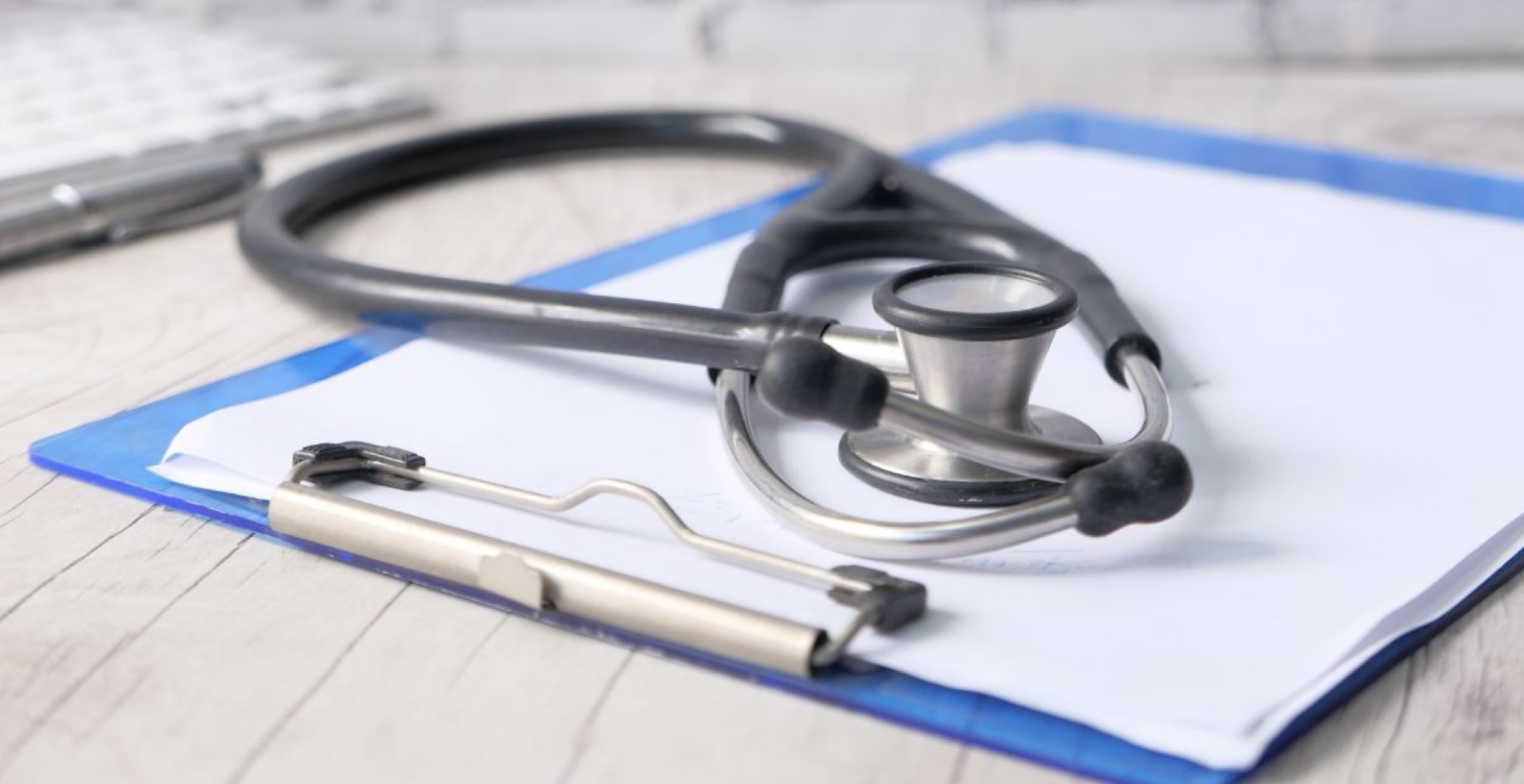The process of obtaining a medical certificate online is designed to be incredibly straightforward, whether you’re at home or travelling within the EU. It boils down to three simple steps: Connect, Consult, and Certify.
- Connect: Your first step is to choose a reputable European telehealth platform. Look for services that clearly state they employ doctors registered with recognised medical bodies (like the GMC in the UK or equivalent national councils). Register an account on their secure, GDPR-compliant website or app.
- Consult: Next, you book a virtual consultation. This is a real-time video call with a licensed doctor. During the appointment, you will discuss your symptoms, medical history, and specific needs—be it a note for work, an academic extension, or a travel certificate.
- Certify: Following the consultation, if the doctor agrees that you are medically unfit for your duties or travel, they will issue a digitally signed, official medical certificate. This PDF document is sent directly to you, ready to be emailed to the relevant party.
First, What Exactly Is This Online Medical Note?

Let’s demystify the document itself. An online medical note is a professional medical certificate, identical in legal standing to one you would receive from a physical clinic. It’s a testament to a genuine medical assessment, tailored to your situation and recognized across Europe.
Sicknote Explained: The Anatomy of a Legitimate Certificate
For your note to be accepted, it must contain specific information. This includes your full personal details, the date of the virtual consultation, the precise start and end dates of your recommended absence, and a professional, privacy-compliant description of the reason. Critically, it must feature the verifiable name, credentials, and digital signature of the issuing doctor.
Online Doctor Services in Europe: Fast, Secure, and Professional
The platforms providing these notes are built on a foundation of trust and compliance. They are fast, offering same-day appointments that bypass the often lengthy wait times of national health services. They are secure, adhering to the EU’s strict GDPR laws to protect your data. And they are professional, staffed by experienced clinicians who understand the requirements for medical documentation across different European countries.
The Big Debate: Online vs. Traditional Visits for Your Note
While the goal is to get a note, the method matters. An online service is perfect when you have a common, non-emergency illness (like the flu, a stomach bug, or a migraine) and your primary need is quick, efficient documentation. A traditional visit to your GP is essential for any serious symptoms, chronic condition management, or when a physical examination is necessary for a diagnosis.
Scenario 1: Getting a Medical Note for Work
You’ve woken up with the flu in Frankfurt. Simply log on to a service, have a 10-minute video call, and receive a valid Arbeitsunfähigkeitsbescheinigung (AU) note to send to your HR department. This is increasingly common, as employers across the EU recognise the efficiency of telehealth for short-term illness, reducing absenteeism and promoting faster recovery.
Scenario 2: Securing a Note for School or University
Imagine you’re a student in Dublin with a debilitating migraine during exam week. A quick online consultation can provide you with the necessary medical evidence to submit to your university’s student services for an official deferral. It’s a fast, stress-free way to meet academic requirements without leaving your student accommodation.
Scenario 3: Obtaining a ‘Fit-to-Fly’ Note for Travel
You’ve just recovered from a bout of bronchitis but have a flight from Amsterdam in two days. The airline may require a letter confirming you are no longer contagious and are fit to travel. Many online services can conduct a recovery assessment and issue a signed ‘fit-to-fly’ certificate, saving you a last-minute scramble to find a local clinic.
Addressing a Common Need: A Note for Stress or Burnout
The fast-paced European work culture means mental health breaks are vital. If you’re experiencing burnout or acute stress, a telehealth consultation offers a private, destigmatised space to discuss your situation. A doctor can provide a legitimate note for a mental health-related absence, validating your need for rest and recovery.
The Final Check: Ensuring Your Note is Accepted
While digital notes are widely accepted, it’s always smart to be prepared. Know your company or university’s specific policy. For work, most employers in the EU accept digital notes for short-term sickness (typically 1-3 days) without issue. For longer periods, they might require a note from your registered GP. For travel, always double-check the specific wording or requirements of your airline.
In Conclusion: Your Passport to Convenient Certification
Whether for a deadline at work, an exam at university, or a long-awaited holiday, getting the medical documentation you need shouldn’t be an ordeal. Online services provide a legitimate, secure, and incredibly efficient solution tailored to the demands of modern life in Europe. By understanding the simple process and choosing a reputable provider, you can navigate these requirements with ease and focus on what’s most important: your health and well-being.




























